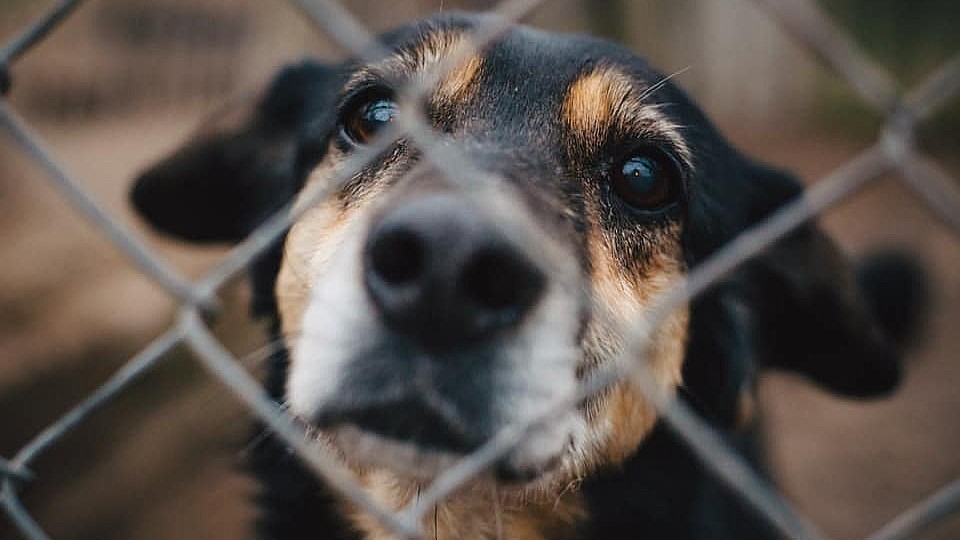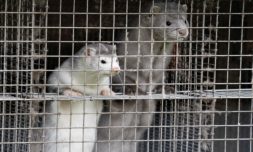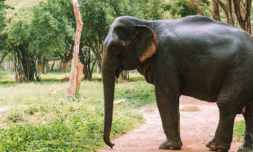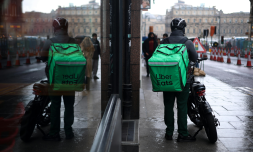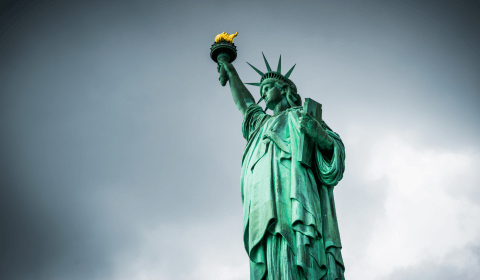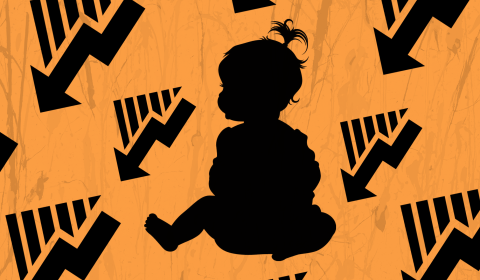Various grassroots organisations have been sending their staff on potentially life-threatening trips across the border to save the pets of those forced to abandon them when fleeing the war zone.
Months into Russia’s slow-moving buildup along the Ukrainian border, Putin announced that he was launching a ‘special military operation’ in Ukraine.
This was followed up by reports of explosions around cities, including the capital of Kyiv, a dramatic escalation that’s now seeing Europe witness its first major war in decades.
One that’s amounted in the displacement of some 10 million Ukrainians, a catastrophe the United Nations is calling the fastest-growing refugee crisis since WWII.
With a significant portion of this figure (around 30% and counting) forced to leave their home country in search of shelter elsewhere, many have made the agonising decision of leaving behind their furry friends amid the panic and chaos.
As a result, thousands of pets are currently roaming the streets of Ukraine, abandoned by those with little choice but to flee without them.
Fortunately, despite how the bulk of the world’s focus is appropriately on the humanitarian disaster at present, various Polish charities have made it their priority to save the poor animals caught in the crossfire.
Another photo from #Ukraine that will leave you speechless.
A woman is saving disabled dogs from a shelter in #Irpin, #Kyiv region, which has been under heavy Russian shelling and air strikes. pic.twitter.com/JDa9iRYsKw
— Alex Kokcharov (@AlexKokcharov) March 10, 2022
The ADA Foundation has been at the forefront of this, sending volunteers to work round-the-clock on potentially life-threatening rescue missions, which have so far managed to successfully retrieve over 350 wounded cats and dogs – all suffering from PTSD – in just three convoys across the border.
‘We haven’t slept for several days. My longest shift was 20 hours. After 3 hours of sleep, another transport arrived,’ team-leader and founder of ADA, Jakub Kotowicz, told Insider. ‘It’s hard, but we don’t give up. We keep fighting.’
He adds that when Russia initially invaded Ukraine, shelters reached out to ADA asking for help, stressing that feed and veterinary care was quickly becoming impossible to come by.
Today, of course, the situation is increasingly dire, and for a large number of animals, transport into Poland is the only means of ensuring their wellbeing.









